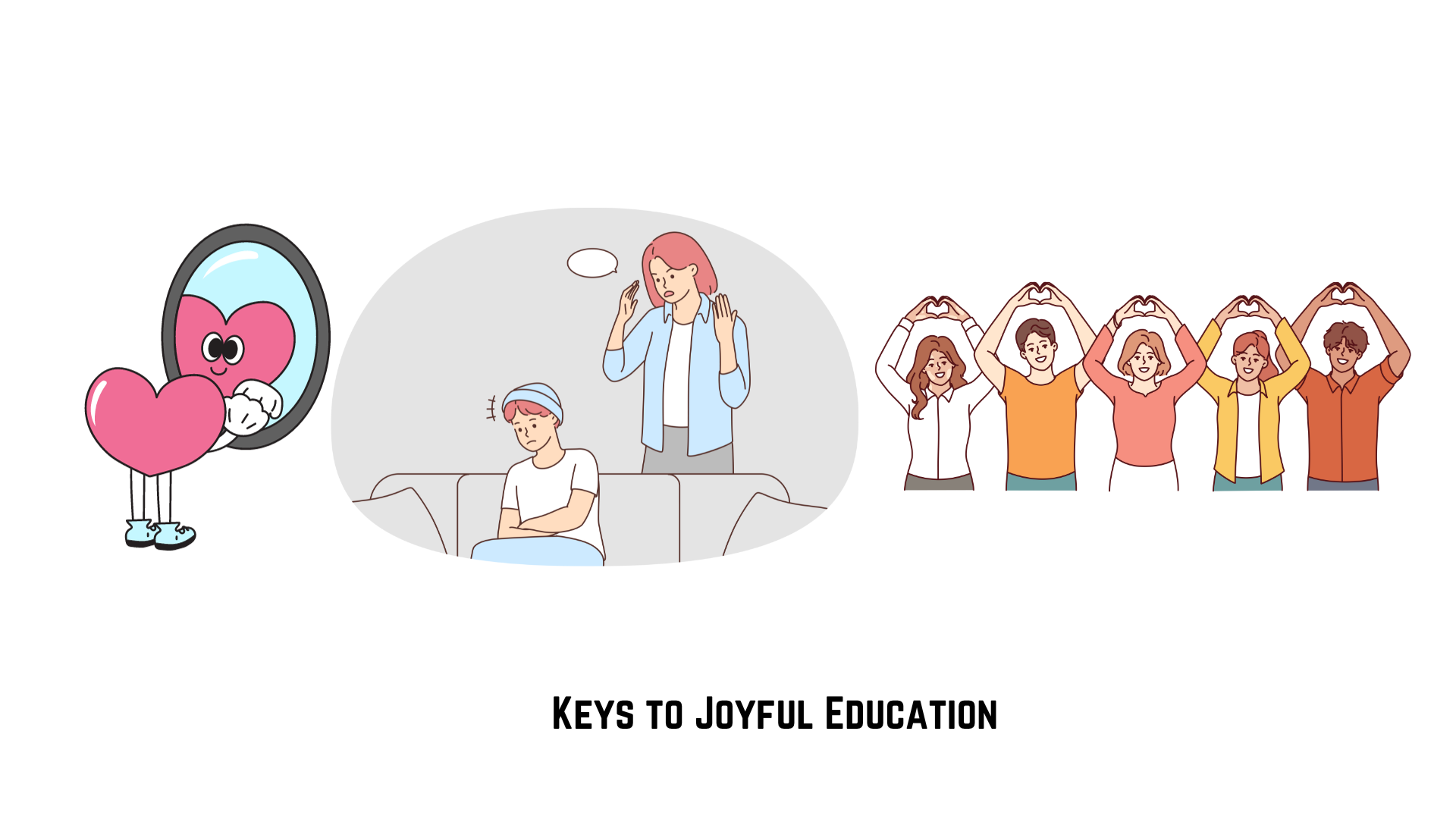Trending Now
- 830 voters names go missing in Kavundampalayam constituency
- If BJP comes to power we shall consider bringing back electoral bonds: Nirmala Sitaraman
- Monitoring at check posts between Kerala and TN intensified as bird flu gets virulent in Kerala
Columns
Friendship and tackling peer pressure
![]() January 1, 2019
January 1, 2019
Friendship plays a major role in the lives of adolescents. A circle of caring and supportive friends can help an adolescent’s transition to a successful adult.
Identity formation begins in childhood and gains importance during adolescence. Faced with physical growth, sexual maturation and career choices, adolescents must accomplish the task of integrating their experiences and characteristics into a stable identity. Psychologist Erikson coined the phrase ‘identity crisis’ to describe the temporary instability and confusion adolescents experience as they struggle with alternatives and choices. To cope with the uncertainties of this stage, adolescents may over identify with heroes and mentors, fall in love and bond together in cliques.
Maslow’s hierarchy of needs (Abraham Maslow) is a motivational theory in psychology comprising a five-level model of human needs:
1.Physiological -need for water, food and sex
2.Safety – the need for shelter and security
3.Love and belonging- need to be a part of a group
4.Esteem -respect for oneself through status, recognition, fame, prestige
5.Actualisation -to be fully alive and find meaning in life.
After physiological and safety needs have been fulfilled, comes love and needs of belongingness – a social need and involves interpersonal relationships. This motivates behaviour to form friendship, intimacy, trust and acceptance, receiving and giving affection and love and affiliating, being part of a group (family, friends and work). They get a sense of security and comfort in being with others going through the same experiences.
Still, forming and maintaining friendships during adolescence can be challenging. Peer pressure, both good and bad, often affects decisions young people make.
Let me share an incident where I helped a teen deal with peer pressure:
I worked with a 16-year-old student from a private educational institute who spoke to me on ways to quit smoking. He was in Std IX, when he got into smoking. His friends pressurised him to smoke and shamed him saying “he wasn’t a MAN” if he did not smoke. He was scared that he would get labelled if he did not listen to them. That was how he began to smoke for their sake and now it had become an addiction. He felt guilty about this act as it was against his value system and he wanted to quit smoking.
I reinforced the boy to respect himself by sticking to his value system. I taught him assertive ways of communicating, when people ask him to do something which he does not approve of. I told him that it was ok to lose friends than to indulge in wrong behaviour and there were many others who would accept him for who he was.
I told him to redefine the definition of a ‘MAN’ to his friends. “A man is not someone who abuses substance but one who sticks to moral values and ethical conduct.” I told him to reiterate this statement every time his friends labelled him. I explained to him that his friends could have got a wrong image about the characteristics of a ‘MAN’ from movies. Most movies project the hero as a person with deviated behaviours like indulging in substance abuse (smoking and drinking), aggressive (one who hits 10 people at one time) and stalking the heroine. Those movie makers could make a lot of money by including such scenes which might be interesting for youngsters. It could also be that the cigarette industry has been using cinema to promote its products.
I told him that in movies women can fall for such a man, but in real life an intelligent woman will chose a man with good life skills and one who is capable of providing safety and security for herself & her children. The above stated aggressive behaviour of the hero shows faulty upbringing. An individual, exhibiting such behaviour puts his parents to shame.
I encouraged him to pass on this message to his friends. If they accepted this viewpoint they might give it a thought and change their view about smoking. If not, I suggested him to put a pause to his friendship.
The individual must be cut off from the source first of all to stop substance abuse. We employed various methodologies in our counselling sessions. I had also asked him to put down the ill-effects of smoking or download images of the same and go through it twice a day to get it registered in his mind. I suggested him to use chewing gum as of now when he got an urge to smoke.
I wanted him to seek help from his parents as well. I spoke to his parents and assured them that he would quit smoking completely if they also extended their support. I asked them not to scold or hit the boy as our goal should not be to punish the boy, but to help him correct his behaviour. I suggested they never let him down in front of relatives and neighbours and be patient as stopping substance usage could not happen overnight. I told his dad to speak to him about similar issues which he experienced during his adolescence, and the effective ways in which he dealt with them and overcame hurdles to make the boy feel he was not the only one going through such things. If he felt he would not be judged for his flaws, he would feel comfortable to get to his dad for sharing concerns.
All significant adults in the life of an adolescent have an important role to play in shaping her/him. So let us give our society the best products. As adults, all of us have the responsibility to help our children deal with peer pressure.
The author of the column is Swathi Priya. P , Counselling Psychologist
Disclaimer: The views expressed above are the author’s own






















